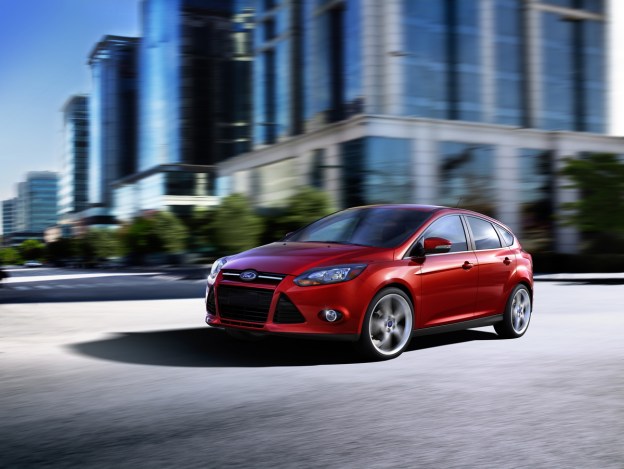 It seems that when it comes to putting out some of the world’s best-selling cars, it’s tough to beat Ford.
It seems that when it comes to putting out some of the world’s best-selling cars, it’s tough to beat Ford.
According to data from the 2012 Polk global market research company, Ford tops the list with three vehicles including the Ford Focus as the world’s best-selling passenger car, the Ford F-Series pickup as the third best-selling vehicle and the Ford Fiesta as the best-selling subcompact.
Sales of the compact Focus totaled 1,020,410 cars worldwide according to Polk with significant market gains for Focus in China and the US.
In China, the vehicle registrations used to tally the data were up 51 percent last year. Overall, the data showed that just more than one out of four Focus vehicles sold globally were in China.

Ford even exceeded sales expectations for a new manual transmission combination offered in 2012 for the Focus derived from the compact’s Titanium trim package.
In addition to being the world’s best-selling vehicle overall, the Polk data also ranks the Ford Fiesta, which features a new high-tech six-speed automatic transmission, as the best-selling subcompact car globally, with 723,130 registrations last year.
Together, registrations of Ford’s small cars – Fiesta and Focus – totaled 1,743,540 vehicles in 2012, according to the research gathered by Polk.
Global new vehicle registrations for F-Series, which touts a gang of new technology features as well, totaled 785,630 trucks last year, putting it in the No. 3 spot among all vehicles sold worldwide.


